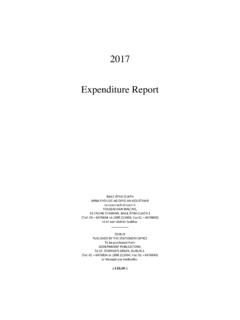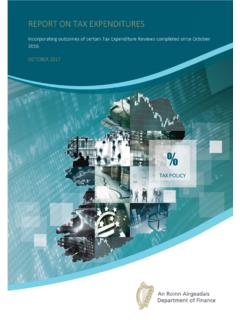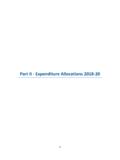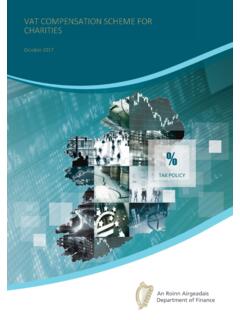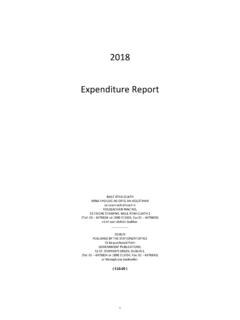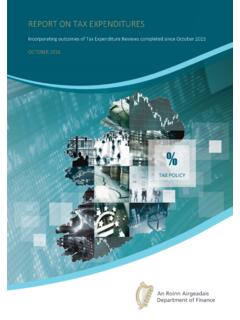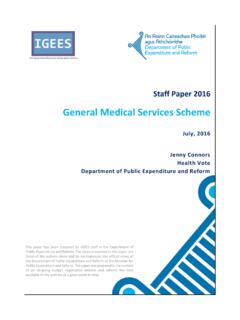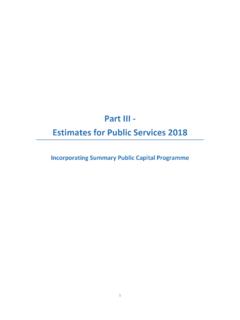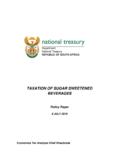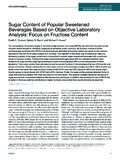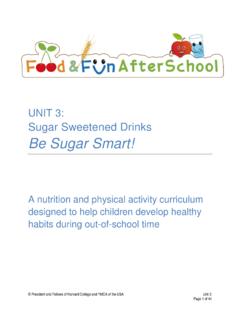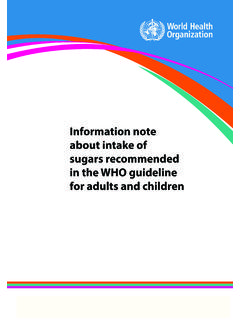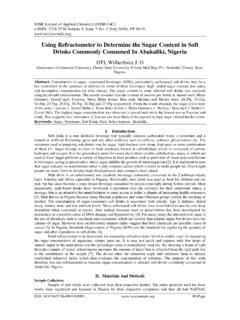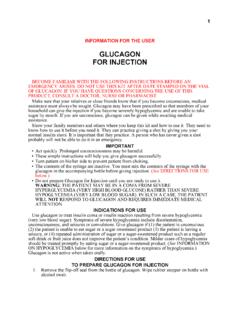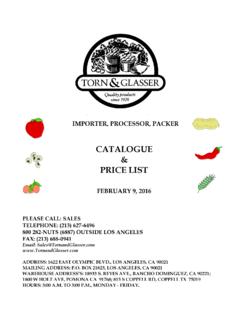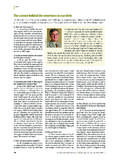Transcription of SUGAR-SWEETENED DRINKS TAX - Budget 2018
1 SUGAR-SWEETENED DRINKS Tax - Budget 2018 - Information Note SUGAR-SWEETENED DRINKS TAX. Information Note - Budget 2018. 10th October 2017. SUGAR-SWEETENED DRINKS Tax - Budget 2018 - Information Note SUGAR-SWEETENED DRINKS Tax Policy Rationale The Department of Health proposed a tax on sugar sweetened DRINKS (SSD) to help tackle growing levels of obesity. The World Health Organisation recommend limiting consumption of SSDs as part of a strategy to tackle obesity. This tax is one of a suite of measures being implemented as part of an overarching policy framework to address this issue. A Healthy Weight for Ireland - Obesity Policy and Action Plan 2016-2025. It is hoped that the introduction of a financial barrier on sugar sweetened DRINKS will result in reduced consumption by incentivising individuals to opt for healthier DRINKS in tandem with providing motivation for the soft DRINKS industry to reformulate by reducing added sugar content and delivering healthier products.
2 Process to Date Budget 2017 announced the introduction of a tax on SUGAR-SWEETENED DRINKS commencing in April 2018. A public consultation process invited interested stakeholders to make submissions in relation to the design, scope and practical implementation issues of the tax. This process received 30 submissions, which are published on the Department of Finance website. Extensive stakeholder engagement took place throughout the process to ensure that once introduced the tax operates efficiently with the minimum administrative burden. Similarly, engagement took place with the relevant UK bodies as a similar tax in the UK will commence at the same time in April 2018. To ensure that, once commenced, the tax is free from State aid, formal notification of our intention to introduce the tax is to be submitted to DG. Competition. This will ensure that once approved the tax will not be open to litigation as has been the experience in other EU countries.
3 SUGAR-SWEETENED DRINKS Tax - Budget 2018 - Information Note What DRINKS will be taxed The tax will apply to non-alcoholic, water-based and juice-based DRINKS which have added sugar content of 5 grams per 100 millilitres and above. These products are deemed to have low or no nutritional value and no satiety and the Department of Health advocate limiting consumption to a maximum of once or twice per week. Pure fruit juices that do not contain added sugar are not subject to the tax due to nutrition value, vitamins and fibre they provide. However, if sugar is added to these DRINKS the entire sugar content becomes liable to the tax. Dairy products are outside the scope of the tax on the grounds that dairy offers both nutritional value, such as calcium and protein, and also provides satiation preventing excessive consumption. Where products produced by small producers are exempted from particular EU.
4 Food labelling obligations the SSD Tax will not apply. The tax will become liable at the first supply in the State. Rates of Tax The rate of tax applied to each drink will be based upon the sugar content. sugar sweetened DRINKS with less than 5 grams of sugar per 100ml will be outside the scope of the tax. If the sugar content is 5 grams or more but less than 8. grams per 100ml a tax of 20c per litre will apply and for sugar sweetened DRINKS with a sugar content of 8 grams or more the rate will be 30c per litre. Expected Yield The soft DRINKS industry continue to reformulate their products reducing sugar content. This is evidence that the tax is already having a positive impact prior to its introduction and is to be welcomed. While difficult to assess the exact yield it is estimated the tax on sugar sweetened DRINKS will yield in the region of 30m in 2018 and 40m in a full year.

